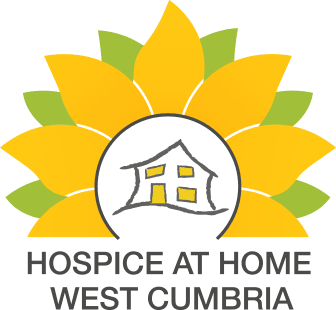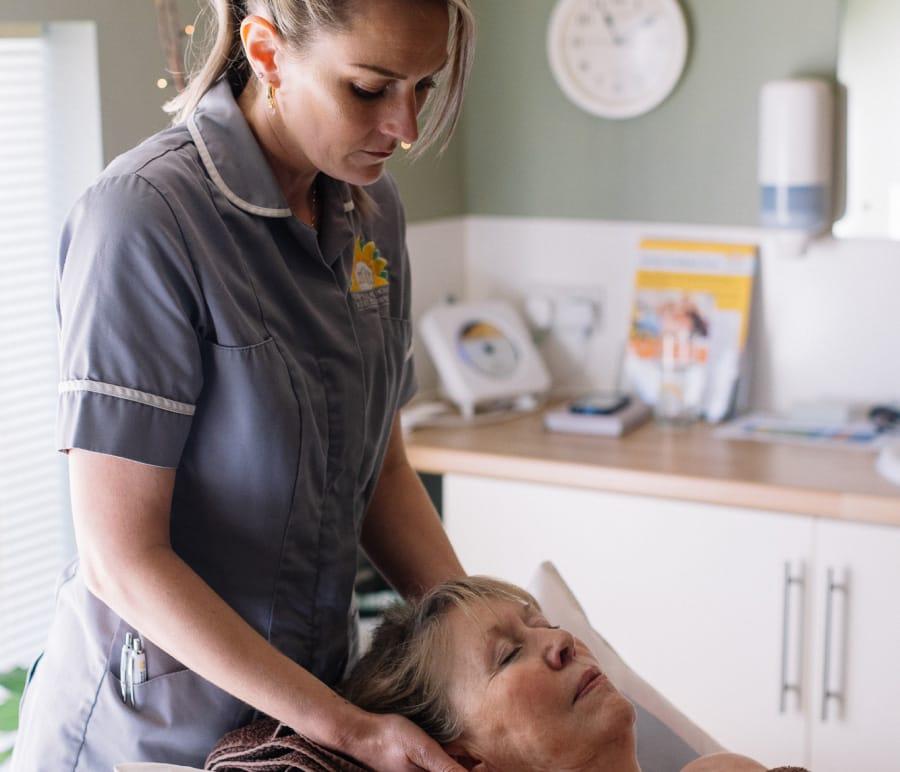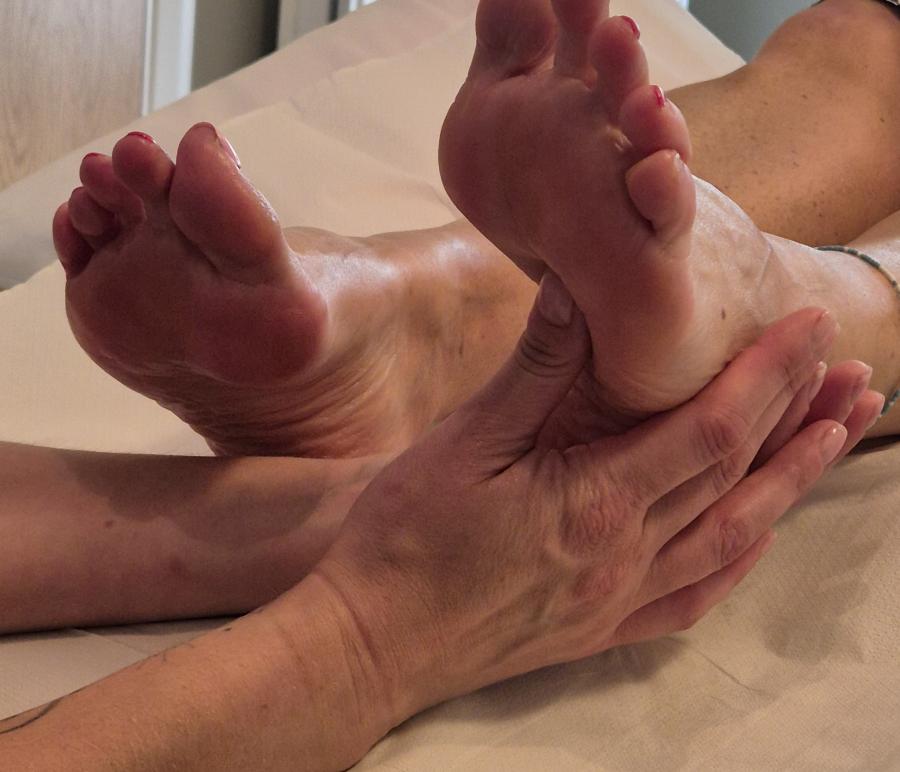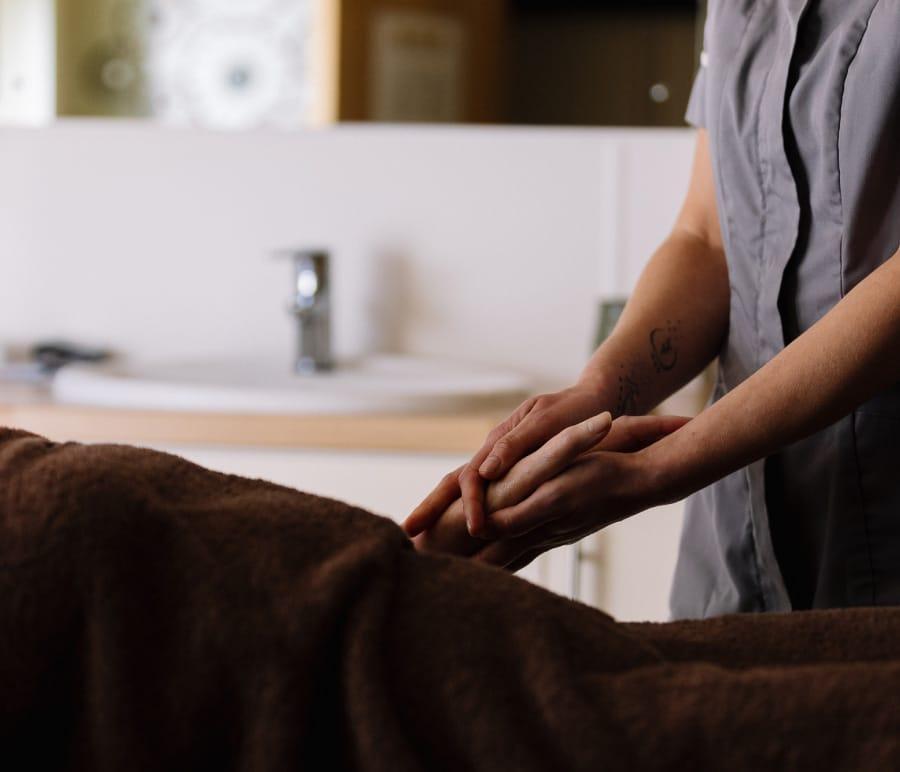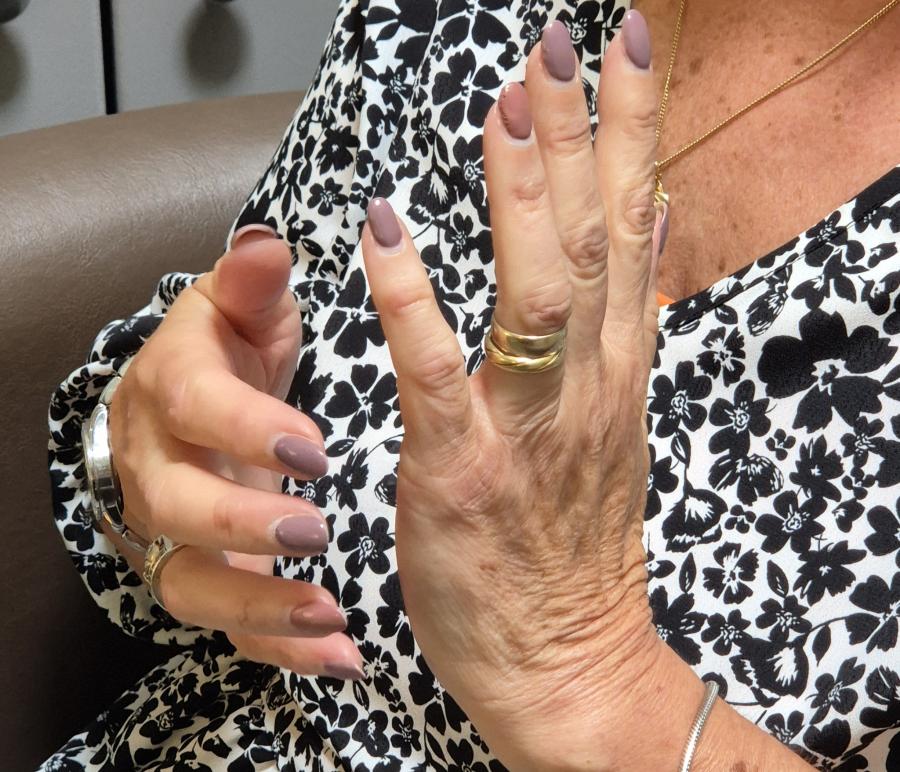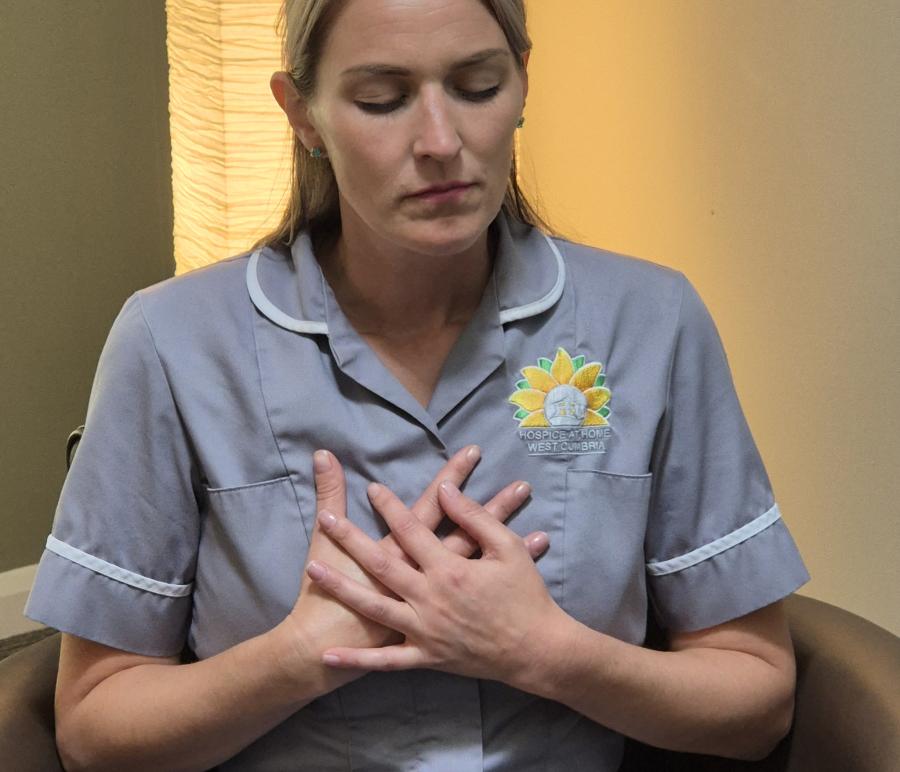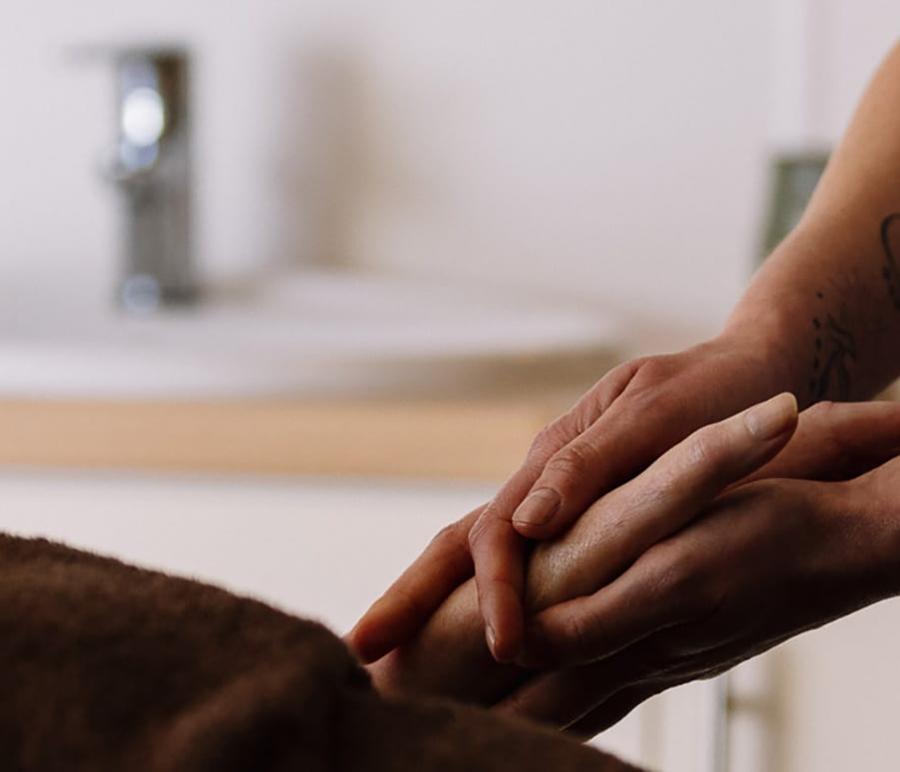Physical, emotional, psychological and spiritual wellbeing
Our Complementary Therapists work with palliative patients, including those at the end of their life, and their family members as carers and into bereavement. Patients are seen at home, hospital or our Therapy and Information Centre in Workington. Our Complementary Therapists are qualified and have significant experience in their field of expertise. They work with a range of symptoms including stress, pain, low mood, sleep issues, nausea and anxiety.
We offer Reiki, reflexology, therapeutic massage, aromasticks, Emotional Freedom Technique (EFT tapping), breathing, and relaxation. The range of therapies offered is tailored to the individual’s needs.
How does it help?
Complementary therapies aim to enhance wellbeing and improve quality of life. Our Complementary Therapists are skilled in helping people from all walks of life to find the inner resources they need to manage their emotions and symptoms in a positive way.

What can I expect?
Referrals are made by doctors, GPs, the specialist palliative care team and other health professionals. Once we have received your referral we will contact you to discuss your support needs and arrange to meet you.
In summary:
We support palliative patients, their family carers, and family members into bereavement.
We offer support to patients known to the wider or specialist palliative care team and believed to be in the last 12 months of life: a doctor or other healthcare professional would normally advise on this.
Our Complementary Therapists work in specialist, adapted ways to ensure the session is appropriate for the patient.
We offer up to six sessions of support. For patients, this can be reviewed and extended according to need and capacity of the team.
We offer sessions for patients in their home (including care homes), hospital or at our Therapy and Information Centre in Workington. For family carers and the bereaved, we offer support from our therapy centre in Workington.
Support with transport to our Therapy and Information Centre may be available- please ask your therapist.
Sessions are adapted to your individual needs.
We aim to enable you to cope with your situation without us.
Resources
Our Family and Bereavement Services Team Leader, Claire Jenkinson, has been with Hospice at Home West Cumbria for many years and has a Diploma in Adapting Complementary Therapies for Cancer and Supportive Care from world-renowned hospital, The Christie, in Manchester. This ensures that the way we work is in line with current best practice guidelines.
Claire has made some recordings talking about how breathing and relaxation play a big part in a patient’s treatment, helping them to benefit more from the treatments they are receiving:
Meet the Therapists
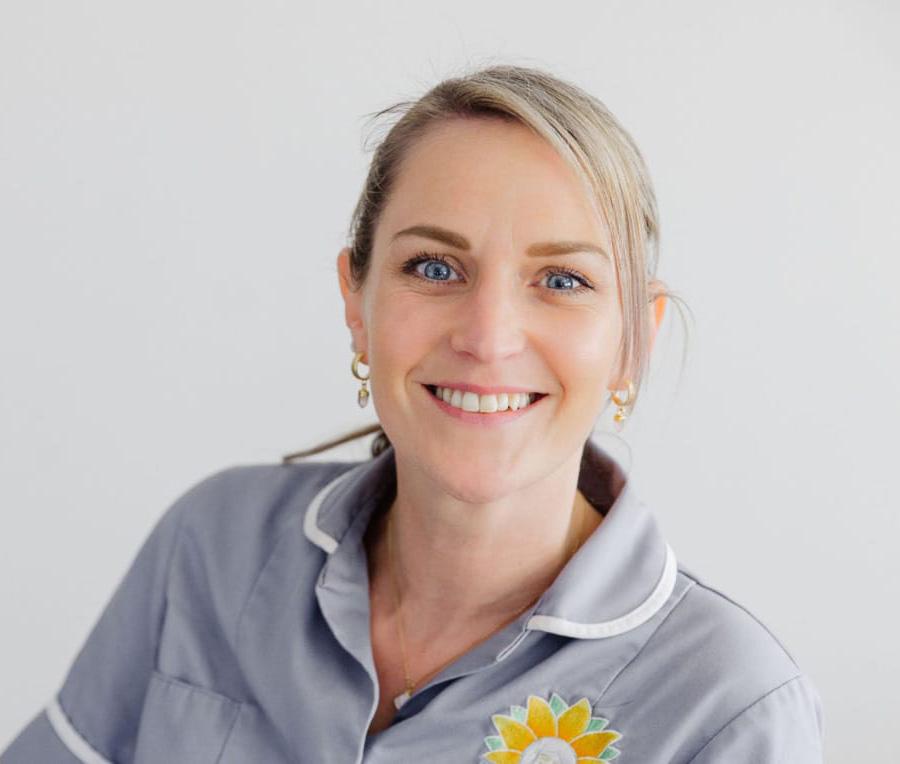
Beth
Complementary Therapist

Cindy
Complementary Therapist

Billy
Volunteer Complementary Therapist
Although we do not charge a fee for these services, we do rely on donations to ensure our services can continue. If you are able to make a donation it will help us to provide care for others.
How can I get in touch?
If you would like any further advice about this service please call 01900 705200, or use our contact form.
